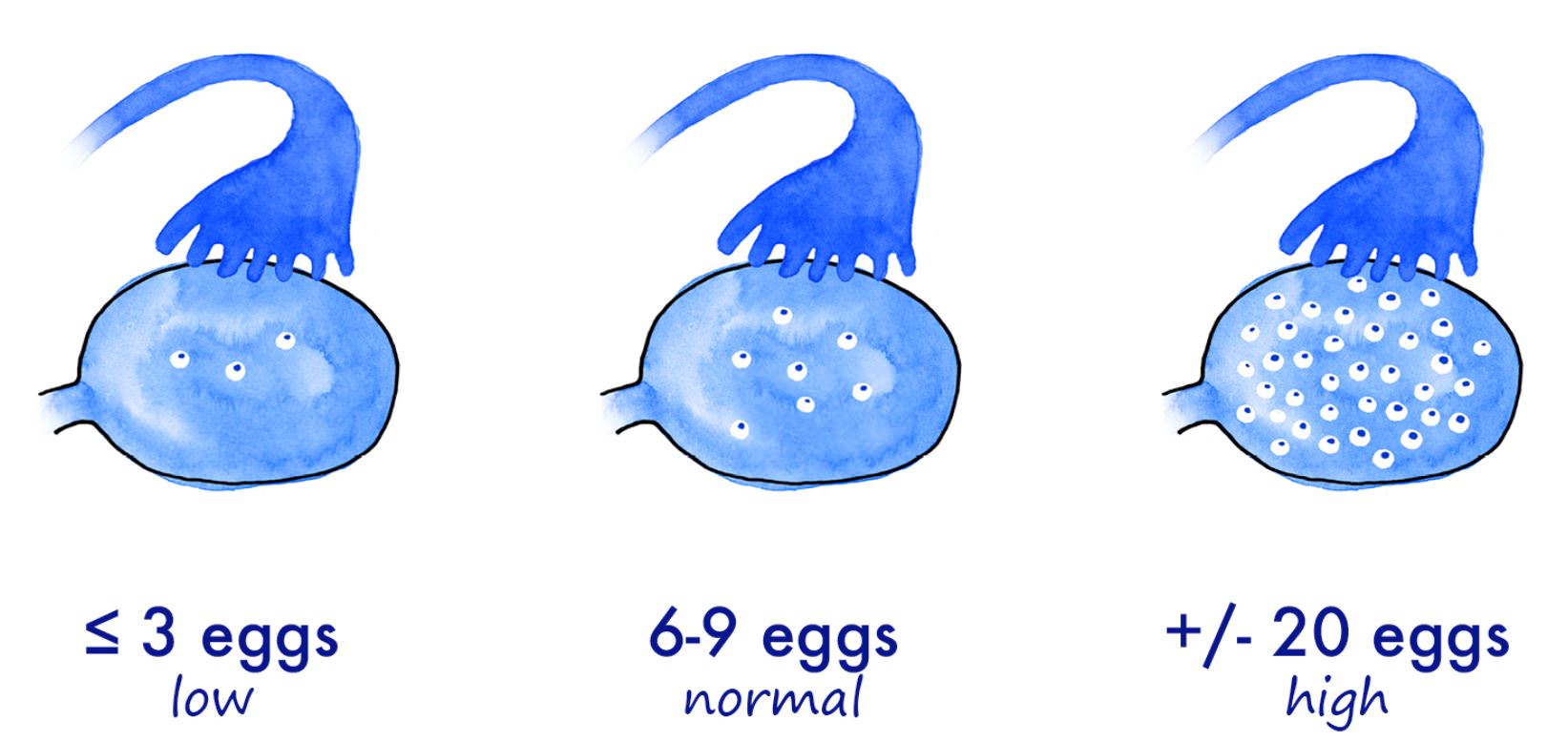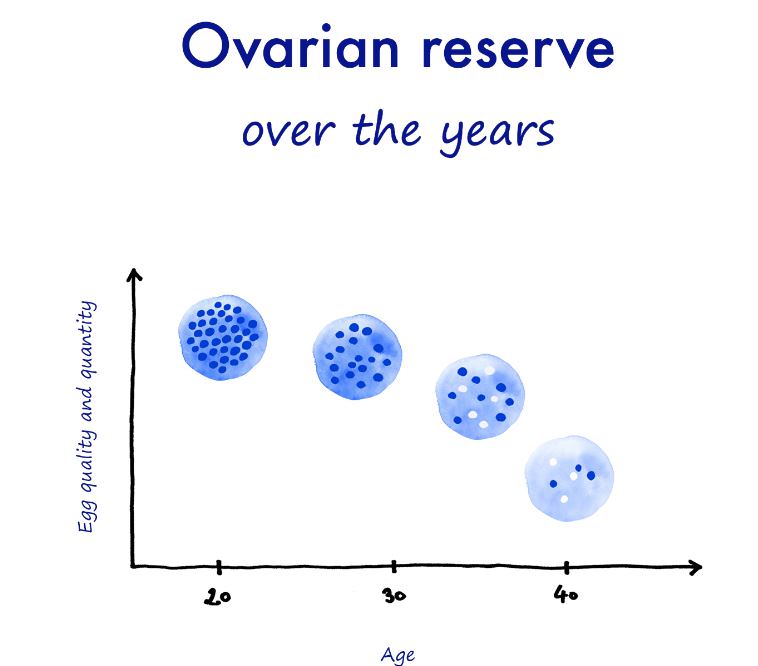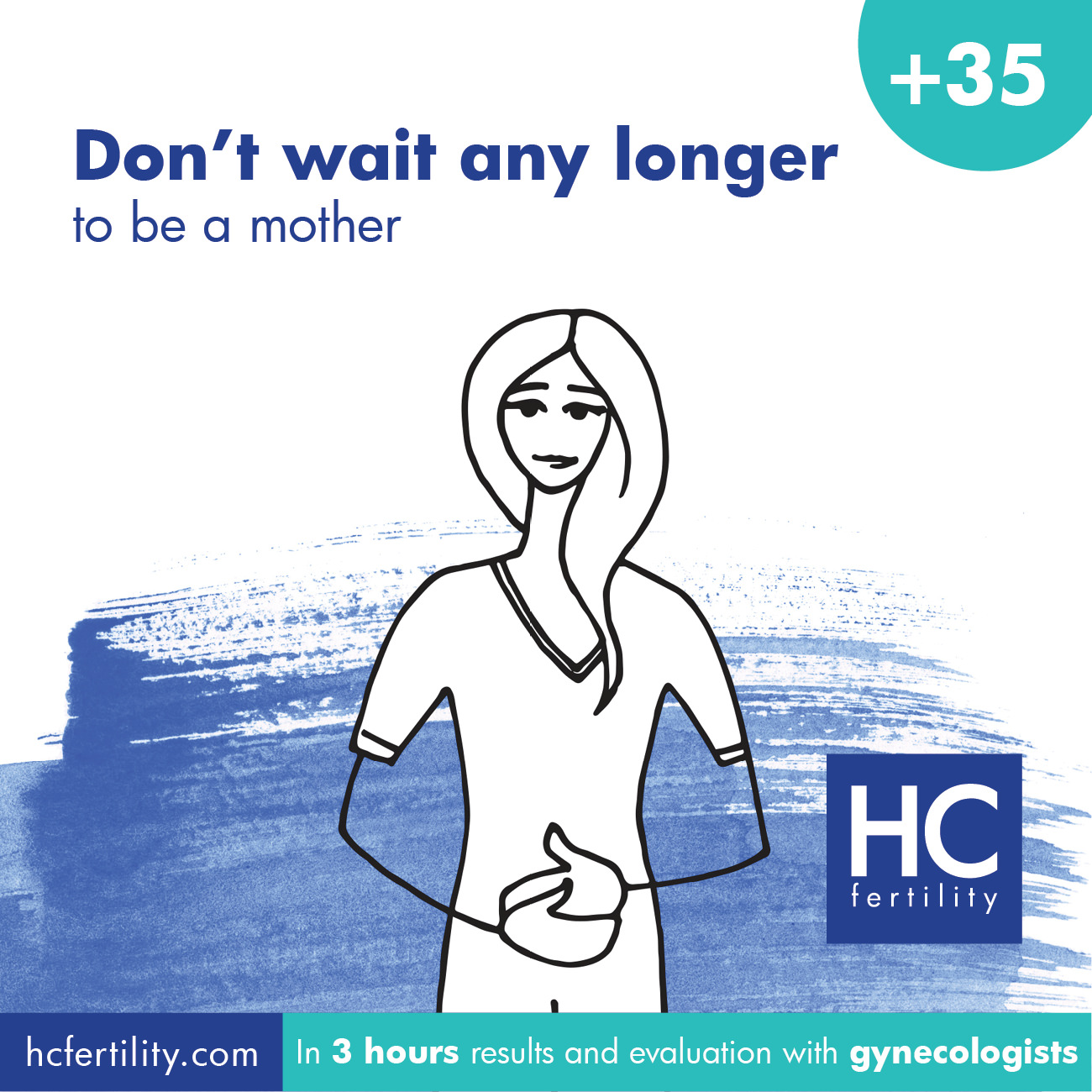26 May, 2020
What is low ovarian reserve?

The ovarian reserve could be defined as the number of available eggs that a woman has at a given moment in her life.
We should not confuse low ovarian reserve with low ovarian response, which we will talk about in the next chapter.
How can I measure my ovarian reserve?
Very simple, basically with the combination of 2 methods (not exact, but indicative):
The already famous Antimulleriana hormone (AMH), we determine the level in blood:
- o Less than 1.1 ng / ml, low reserve
- o Between 1.2 and 3 ng / ml, normal reserve
- o More than 3 ng / ml, high reserve
Ultrasound, with this we can count the number of antral follicles in each ovary (each antral follicle contains 1 ovule):
- or 3 or less follicles in each ovary, low reserve
- o between 4 and 11 follicles in each ovary, normal reserve
- o More than 12 follicles in each ovary, high re

The number of a woman’s eggs depends on how many she was born with (genetically conditioned), and how old she currently is (the number of eggs naturally decreases in age).
Does the ovarian reserve decrease with age?
In addition to the number of eggs, the quality of the eggs is also very important; and this also deteriorates with age;
It must be borne in mind that the ovule is a sleeping cell, and despite being enveloped in several layers of cells, which among other things protect it, it suffers damage, mainly oxidative, which effects all the cells of our body; without having the possibility of regenerating, the same happens with the neurons of the brain.

Thus, when a woman ovulates, she emits a cell that is the same age as her; the older it is, the more aggressions it will have suffered, and the worse the quality will be.
At 35 years, the ovarian reserve drastically decreases
We all know that the woman’s age is the main factor in her fertility, the maximum being between 20 and 30 years old, to slowly decrease until she is 35 years old, from which age the loss of fertility is accelerated; most women will not achieve viable pregnancies beyond age 42-43.
What happens to man's fertility?
On the contrary, in the case of the fertile male, his reproductive cells, the sperm, do regenerate throughout life, and although they lose quality with age; they always retain some fertile capacity (we have illustrious examples, such as Pablo Picasso).
Delay motherhood beyond 30 years ...
The first thing we must take into account is that most women with low ovarian reserve do not know it; and it is possible that many, if they seek pregnancy before the age of 30-35 years, will become pregnant without a major problem; But any woman who thinks of delaying motherhood beyond the age of 30 should study her ovarian reserve.
The low reserve is important to organize your family plans.
– Why? if these women with low reserve do not spontaneously become pregnant, and must go to assisted reproduction, they will have a lower probability of pregnancy, having fewer eggs, and of lower quality (quantity and quality, decrease in parallel) , than a woman with normal ovarian reserve.
– Thus, if you know your ovarian reserve, you can decide better about your future motherhood, so if you do not become pregnant, go to an Assisted Reproduction Center, without delay, which will increase your chances of being a mother.
How can we help women with low ovarian reserve?
Studying your ovaries, in case you have low reserve, we will propose a series of studies:
- Study of chromosomes and fragile X syndrome
- Study of autoimmune diseases, which may have affected the ovary, or endocrine system
- Complementary hormonal study
- Ultrasound repeated at the beginning of one or more periods
We will advise you not to delay trying for a pregnancy; and once you start trying for a pregnancy, if within 6 months you do not succeed, you go to an Assisted Reproduction Center for help.
If you do not succeed within 6 months, you should go to an Assisted Reproduction Center for help
– For this type of patients we have specific treatment protocols, to maximize the chances of pregnancy:
- Specific ovarian stimulation protocols
- Oocyte accumulation cycles
- Double stimulation cycles and egg collection
- Natural cycles, without stimulation
Dr. Luis García
Medical Director of HC Fertility Marbella
Specialist at the fertility and assisted reproduction.

The sooner we face the problem, the greater the chances of success.
If you do not succeed within 6 months, you should go to an Assisted Reproduction Center for help


Back to blog
In other news

20 July, 2020
Being overweight worsens the prognosis for getting pregnant
Obesity is an imbalance in the balance between food intake and the use that our body gives them, to ...
[Continue reading ]26 May, 2020
What is low ovarian reserve?
The ovarian reserve could be defined as the number of available eggs that a woman has at a given mom...
[Continue reading ]


